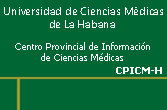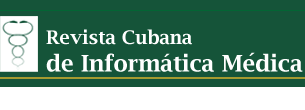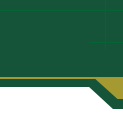



|
Autores: Dra. Anayda Fernández Naranjo,1 MsC. Miguel Rivero López2 1Profesor Titular. Metodólogo del departamento
de Tecnología Educativa. Centro de Cibernética Aplicada
a la Medicina (CECAM). Universidad de Ciencias Médicas de
la Habana. Calle Norte No. 48 entre 35 y 35. Nuevo Vedado. Municipio
Plaza. Teléfono: 8-321191. E-mail: anayda@infomed.sld.cu
El desarrollo e incorporación de las tecnologías de la información y la comunicación a la docencia, ha potencializado el uso de Entornos Virtuales de Aprendizaje (EVA) apoyados en plataformas e-learning en el ámbito universitario a nivel mundial, las cuales permiten la gestión del proceso de enseñanza aprendizaje a través de la web. El trabajo que se presenta tiene como objetivo caracterizar las plataformas de aprendizaje más utilizadas, basado en un análisis de carácter documental a partir de la bibliografía más reciente revisada sobre el tema. Los resultados del análisis pusieron de manifiesto que las plataformas gratuitas de código abierto son las más utilizadas y aunque las plataformas analizadas cumplen todas con los requerimientos básicos que justifican su inclusión en el proceso docente, existió cierta unanimidad a la hora de seleccionar por los docentes e instituciones, la plataforma Moodle. Palabras clave: educación a distancia, plataformas de aprendizaje, aprendizaje virtual, aprendizaje electrónico, plataforma Moodle.
Abstract In 2008, alasMediGen (Medical Genetics Computer System) was created. This system is aimed to collect the data obtained from the different genetic studies carried out at the National Center of Medical Genetics. It has seven modules that manage their businesses independently and share the same database: Cuban Register of Genetic Diseases, Cuban Register of Congenital Malformations, Cuban Register of Physical Disabilities, Cuban Register of Mental Deficiency, Cuban Register of Twins, Cuban Register of Clinical Records, Cuban Register of Chromosome Anomalies, Cuban Register of Common Diseases, and Teleconsultation. In 2009, the regulations stating that every computer system in Public Health must have an architecture oriented to the services were created; allowing the integration through web services. This paper is intended to describe the functionalities of the alasMediGen product in its 1.1 version as well as the web services provided by the Health Computerized System consumed by the system, allowing that the information managed in different studies of medical genetics to be reliable and centralized. This service oriented architecture speeds up the development of many scientific researches in the field of medical genetics and ensures data integrity. Key words: distance learning, learning platforms, virtual learning, e-learning, Moodle platform.
|